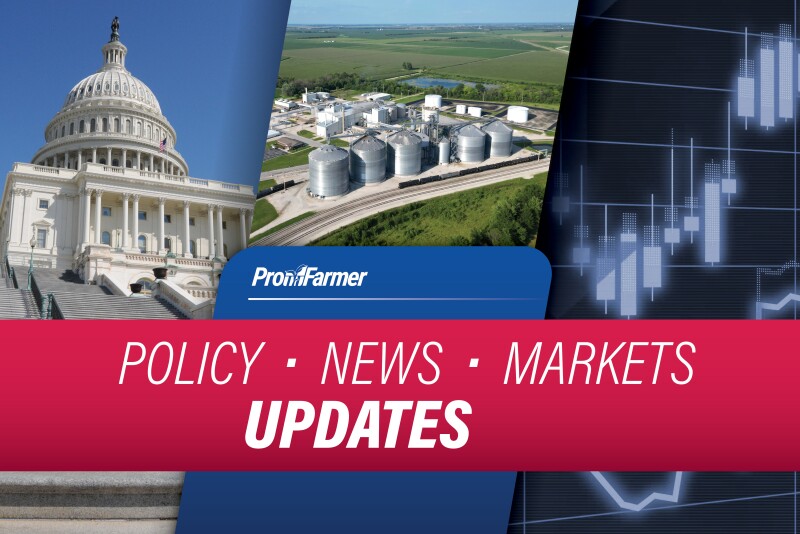Labor Department admits immigration crackdown is hurting farm labor and raising food prices (Washington Post): In a rare public admission, the U.S. Labor Department warned that aggressive immigration enforcement — including drastic reductions in the flow of undocumented migrant workers — is already squeezing the farm labor pool and, coupled with tariffs, is putting pressure on food supply and prices. The document claims U.S. workers aren’t stepping into agricultural roles in sufficient numbers, and that unless more stable, legal labor options are provided, disruptions in domestic food production could worsen.
To ease strain on growers, the administration rolled out changes to the H‑2A seasonal farmworker visa program, lowering wage floors, shifting housing costs to workers, and reducing regulatory burdens — all in hopes of giving farmers faster access to legal labor. Critics say the new moves may undercut wages across the industry and signal a preference for cheaper foreign labor over improving conditions for U.S. farm workers, contradicting the administration’s priorities.
Farm‑state senators press trade officials on tariff pain in closed meeting (Agri-Pulse): A group of senators from agricultural states met behind closed doors with U.S. Trade Representative Jamieson Greer to raise concerns about the Trump administration’s trade and tariff policies, especially how they’re affecting farmers. The senators pushed on issues like duties on farm machinery and parts, tariffs on inputs like fertilizer, and China’s pullback from buying U.S. crops.
At the heart of the discussion: the burden tariffs place on farm production costs and export markets. Some legislators questioned why the administration isn’t offering relief by lifting certain tariffs rather than just providing financial aid. Even though a few farm inputs—such as potash and select pesticides—have been exempted, many key agricultural goods remain taxed under the “reciprocal” tariff scheme. Meanwhile, commodities like soybeans, sorghum, and potatoes were flagged as areas of particular concern, given falling export demand and tight storage pressures.

